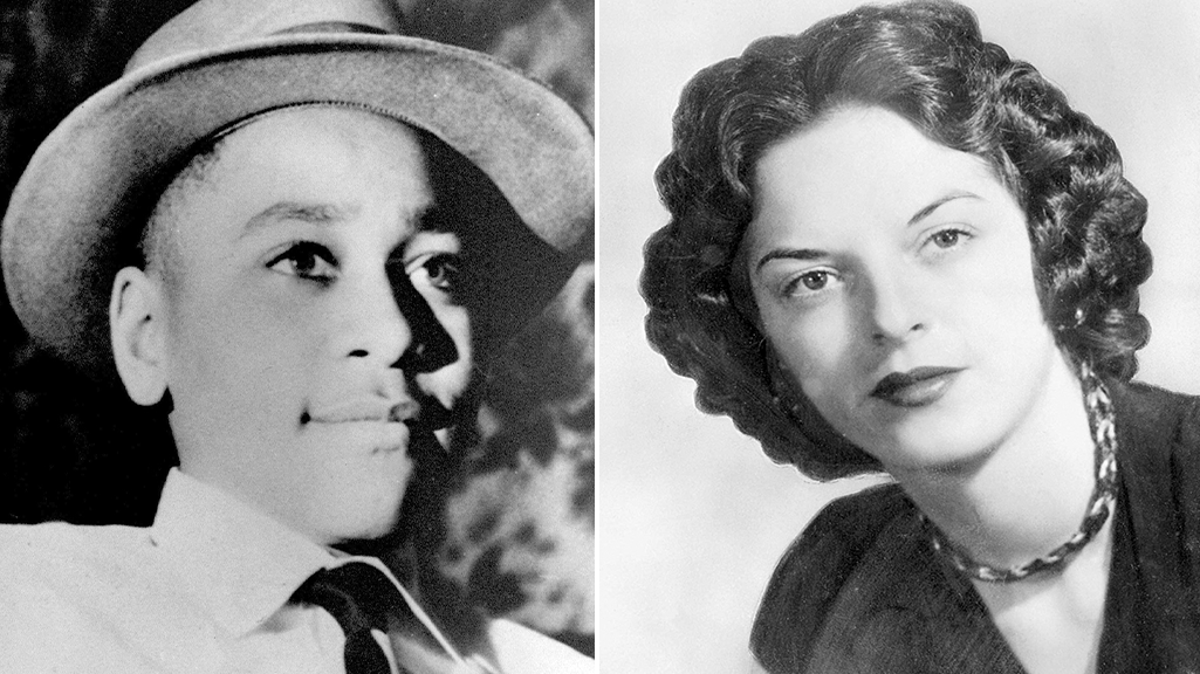Voices: Why I can’t celebrate Carolyn Bryant Donham’s death

In August 1955, 21-year-old Carolyn Bryant Donham accused 14-year-old Emmett Till of whistling at her, making a sexually suggestive remark towards her, and grabbing her by the waist at a general store in Money, Mississippi.
Shortly thereafter, Donham’s husband Roy Bryant and his friend J W Milam kidnapped and brutally beat Emmett, a child. Then they shot him in the head and tossed his body into the Tallahatchie River.
Emmett’s mother, Mamie Till, chose to have an open casket at the funeral, so the world could see her son’s body and bear witness to the brutality of her son’s murderers. This moment served as a catalyst for the Civil Rights Movement.
Bryant and Milham were acquitted of murder by an all-white jury, despite going on to admit to the killing in a 1956 interview with Look magazine. At that trial, Donham described Till’s actions toward her as sexually aggressive. More than 50 years later, Donham confessed to Duke University historian Timothy B Tyson that she had perjured herself on the witness stand to make Emmett’s conduct sound more threatening than it actually was. Tyson featured the interview in his book, The Blood of Emmett Till.
In a statement after Donham’s death, Tyson said: “68 years ago, there was the unspeakable murder of Emmett Till, a 14-year-old Black boy from Chicago. It has comforted America to see this as a story about monsters, her one of them. But the truth is what was unspeakable was the American social order that did nothing about Emmett Till or thousands more like him.”
I saw a lot of celebration online about Carolyn Bryant Donham’s death. A few might find that crass, though many Black folks were clear that they felt they now had one less monster to worry about.
Last year, a team working on behalf of Till’s relatives searched the basement of a Mississippi courthouse for evidence about the lynching of a Black teenager. They found an unserved warrant for the arrest of Carolyn Bryant Donham — identified as “Mrs. Roy Bryant” on the document reportedly discovered inside a file folder.
Seventy years later, Till’s family members wanted it to be finally served.
“Serve it and charge her,” Teri Watts told the Associated Press in an interview.
When it was first revealed that she perjured herself years ago, there were calls for authorities to reopen the investigation. The Department of Justice did so…twice: Once in 2007 and once in 2018. Each reopening resulted in no charges. Each time we were told that authorities could not prove Donham had lied. When questioned directly, Donham reportedly denied to investigators that she had recanted her testimony.
In spite of the old warrant discovery and renewed calls for justice last August, a grand jury in Leflore County, Mississippi, declined to indict Donham after deciding there was insufficient evidence to bring charges of kidnapping and manslaughter.
I don’t fault folks for finding some nominal relief in Donham being gone. Do a TikTok dance on her grave for all I care. But I’m frustrated all the same that she got to live that long without any retribution for her actions, when Emmett Till only got to live to the tender age of 14.
In an interview with The Black Wall Street Times, Till’s cousin, Joshua Harris-Till, said: “Carolyn’s death does not bring my family closure or justice, because death can never provide justice owed. Carolyn was simply evidence of the much bigger issue, now the only issue, which is the fact that the justice system is not just.”
“It didn’t care about Emmett 68 years ago and, with the release of so many officers who’ve killed unarmed Black and Brown people, we’re reminded that it doesn’t care now.”
One less monster being gone is not comforting when the world she leaves behind is not all that different from what made her an infamous presence in it.

 Yahoo News
Yahoo News 
